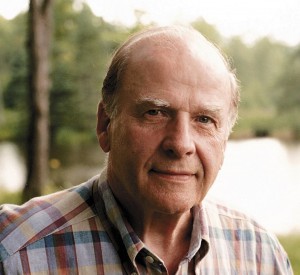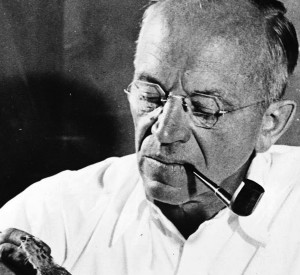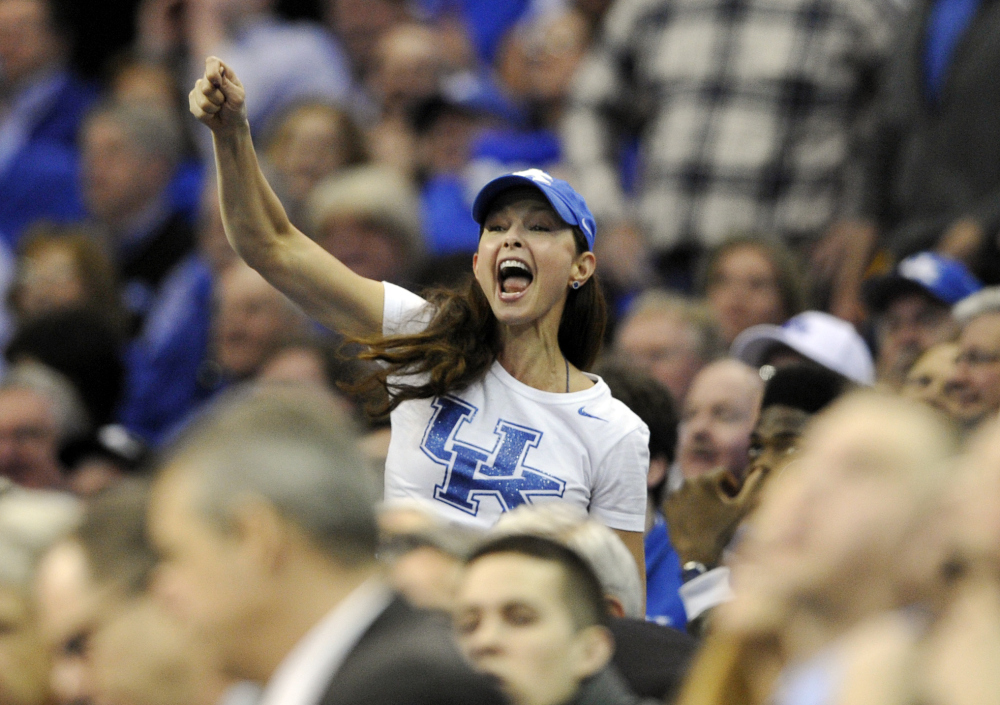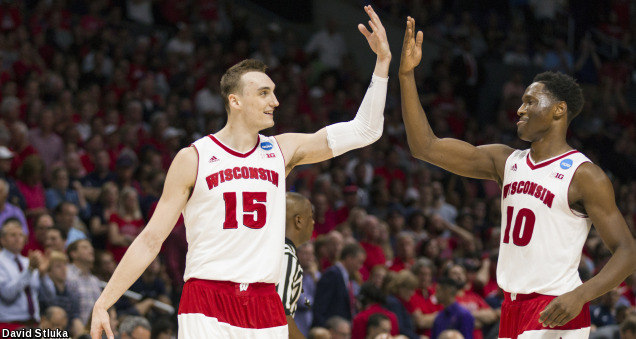This year’s Earth Day is a tumultuous one for ecologists and nature lovers in the state of Wisconsin. In a state that lays claim to such celebrated ecological pioneers and naturalists as John Muir, Aldo Leopold, and the founder of Earth Day, Gaylord Nelson, a series of proposed cuts to public funding of natural resource management has sparked alarm and protest. During a week generally reserved for celebration of ecology, several Wisconsin nature lovers are fearing changes and mounting efforts to defend the preserves and natural places they love.
Yet in published and online responses to the proposed cuts, opponents have adopted a familiar and recurrent and, frankly, somewhat curious tactic—that is, when seeking to defend and protect the import of the natural environment, free from human interference, these advocates are making public appeals not by describing natural flora or fauna or terrain or waterways but, rather, by making off-handed reference to human figures.
For instance, in response the the initial announcement of the proposed changes to the Wisconsin state Department of Natural Resources, the Milwaukee Journal Sentinel staff ran a widely-circulated op-ed piece, that began: “Aldo Leopold didn’t just roll over in his grave Tuesday; he started spinning at accelerating speed after Gov. Scott Walker announced his proposed. The state’s hunters and anglers—and everyone else who loves the outdoors—should be just as shocked as the famed Wisconsin naturalist would be.” Leopold was a naturalist who worked as a professor at the University of Wisconsin, was instrumental in founding the school’s famed Arboretum, and gained worldwide acclaim with his posthumously published nature writings in A Sand County Almanac, based primarily on observations of the natural environment in south central Wisconsin.
Then again, this past week, when the state’s land board—led by treasurer Matt Adamczyk—barred state employees from speaking or writing on “climate change,” another paper, the Madison-based Isthmus, lambasted the action by evoking former state governor, state senator, and naturalist Gaylord Nelson. Granted, Adamczyk had targeted his comments at Nelson’s daughter, Tia Nelson, currently the head of the Wisconsin Board of Commissioners of Public Lands, but the article’s argument built its appeal to readers by evoking Nelson in a similar way to how the Journal Sentinel had cited Leopold, stating that on the 45th anniversary of Earth Day, “Tia Nelson’s dad is rolling over in his grave.”
Even as modern ecology looks beyond the human and pushes beyond the “anthropocene,” it’s remarkable that our public arguments in defense of the natural so frequently evoke the human. When biophysical environments or ecological policies are threatened, rather than describing the ecosystem and biological science at play, we decry these decisions by saying famed ecological thinkers are “turning in their graves.” When celebrating Earth Day and urging others to care for the planet, we frequently reference an anthropomorphized “Mother Earth.” When inspiring children and members of the general public to care for plants and animals, we frequently favor anthropomorphic characters like Smokey Bear and Hoot the Owl to actual wildlife or science. Our most popular and successful environmentalist campaigns have rallied around human figures like John Muir or Keep America Beautiful’s “Crying Indian.”
On one level, this is a savvy tactic. Humans are drawn to other humans. Anthropomorphizing any concern makes it easier for many people to understand and empathize with it.
On another level, citing an ecological hero like Leopold or Nelson is a kind of rhetorical metonymy, alluding to all of their ideas and writings and championed causes without having to repeat the arguments and ideas at length. That is, I can make reference to Leopold or Nelson rolling in their graves, or Mother Earth weeping, or John Muir and Theodore Roosevelt shaking their heads in shame, and, in doing so, present an artful, accessible, and concise way of saying the broader field of ecological expertise and tradition rejects a policy or action.
And yet, such metonyms do anthropomorphize ecological concerns all the same. They perpetuate a paradox of caring for biophysical well-being on a par with human well-being by favoring and spotlighting the human! By defending ecology with reference to Leopold of Nelson, we may be metonymically referring to their larger work and arguments, but we are also at the same time simply deferring to the unquestioned, unproblematized authority of a single human actor (one that is, besides, college educated, white, and male). Simple reference to a name allows, potentially, for lip-service sustainability.
As ecologists protest budget cuts and policies that place human interests, development, and profit ahead of environmental sustainability and biophysical concerns, they might recognize the irony involved and see that their own rhetorical word choices and metonyms often do the exact same thing.







